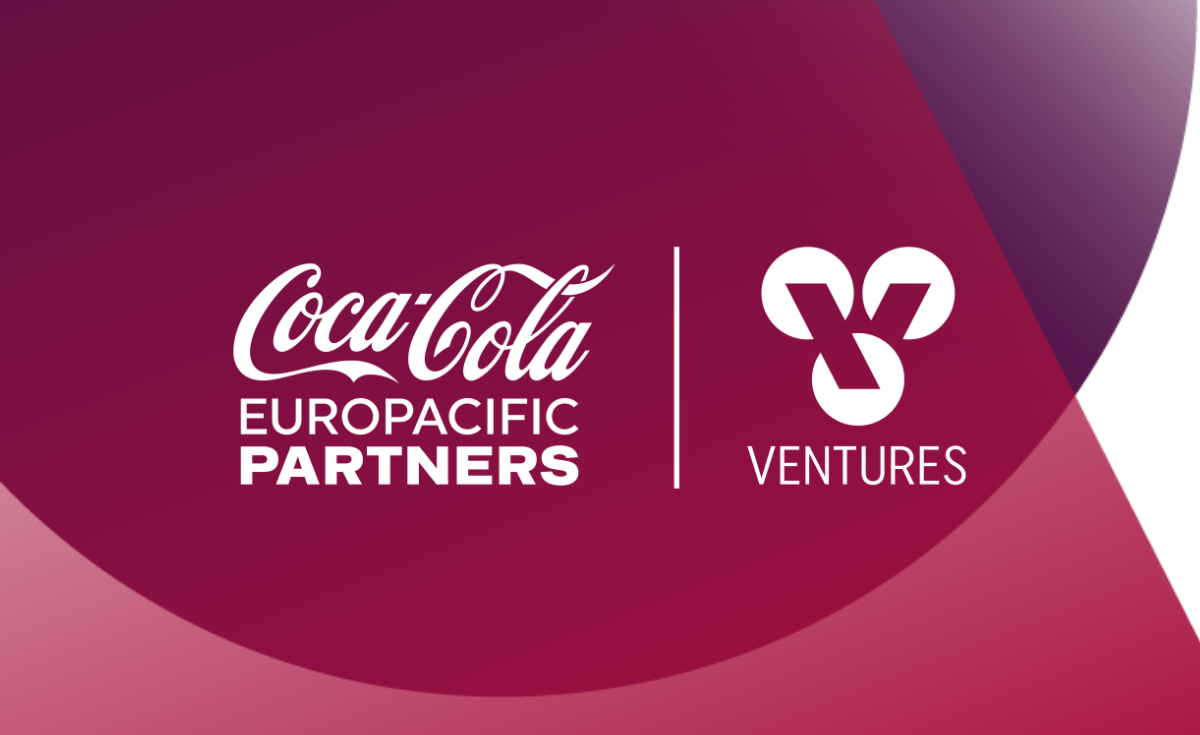News
Coca-Cola Europacific Partners and University of California Berkeley, to develop technology converting air to sugar

19/08/2022
Investors |
News

19/08/2022
Investors |
Coca-Cola Europacific Partners (CCEP), the world’s largest Coca-Cola bottler, has announced a collaboration, through its innovation investment platform CCEP Ventures, with the University of California, Berkeley (UCB) to develop scalable methods of converting captured CO2 into sugar.
CCEP Ventures’ initial investment with UCB will support the Peidong Yang Research Group on foundational research which will focus on enabling the production of sugar from CO₂ on site and at an industrial level, with expectation of future investments to drive scale – from lab to pilot phase.
This investment demonstrates the role innovation can play in CCEP’s journey to reach net zero greenhouse gas emissions by 2040. The development of lab scale prototypes could make the generation of essential raw and packaging materials more sustainable in the long-term. It could reduce, some of the largest CO₂ contributors in supply chains, while saving material, transportation and logistics costs.
With agricultural ingredients, including sugar, amounting to approximately a quarter of CCEP’s overall carbon footprint, this technology could not only reduce emissions associated with sugar manufacturing processes but positively contribute to optimizing land usage as less arable land becomes available due to global population growth.
In the longer-term this technology may also make the conversion of CO₂ into PET plastic more efficient by reducing the need for crude oil in the manufacturing process and significantly lowering costs.
At CCEP, we want to grow sustainably, producing beverages that people love while helping to build a better future for our business, communities and the planet. CCEP Ventures is helping us find solutions to industry challenges and provide funding to make these foundational technologies a reality. We’re excited to be involved in this project that could lead the industry in the development of transformational technology capable of converting CO₂ into more complex, usable goods.
Air to sugar conversion could significantly impact our ability to preserve the natural world. This is a bold scientific vision that would bring immediate environmental benefits, fundamentally transforming the production and distribution of goods across the world. We are pleased to be working with CCEP Ventures on research that could make a significant impact on our ability to create a more sustainable future.
The Peidong Yang Group at the University of California, Berkeley also received a prize from NASA for a viable prototype for conversion of CO₂ to sugar for potential use on long-haul space missions.
Click here for more on CCEP Ventures
Notes for editors
About Coca-Cola Europacific Partners
Coca-Cola Europacific Partners is one of the leading consumer goods companies in the world. We make, move and sell some the world’s most loved brands – serving 600 million consumers and helping 1.75 million customers across 29 countries grow.
We combine the strength and scale of a large, multi-national business with an expert, local knowledge of the customers we serve and communities we support.
The Company is currently listed on Euronext Amsterdam, the NASDAQ Global Select Market, London Stock Exchange and on the Spanish Stock Exchanges, trading under the symbol CCEP.
For more information about CCEP, please visit www.cocacolaep.com & follow CCEP on Twitter at @CocaColaEP.
About CCEP Ventures
CCEP Ventures is a Coca-Cola Europacific Partners’ innovation investment fund, helping to find, fund, and foster new solutions with scale and speed. CCEP Ventures works with partners and innovators to find solutions across customer experience and support, logistics and distribution, future packaging design and technology, and prediction and pricing analytics.
About the Peidong Yang Group at the University of California, Berkeley
The Peidong Yang research group at the University of California, Berkeley, has been at the forefront of developing nanoscience-enabled CO2 conversion technologies using renewable energy. His group has developed artificial photosynthetic systems based on nanotechnology that can effectively be powered by solar energy, and convert carbon dioxide in our atmosphere into valuable chemical products, including sugar, biodegradable plastics, pharmaceutical drugs and liquid fuels.